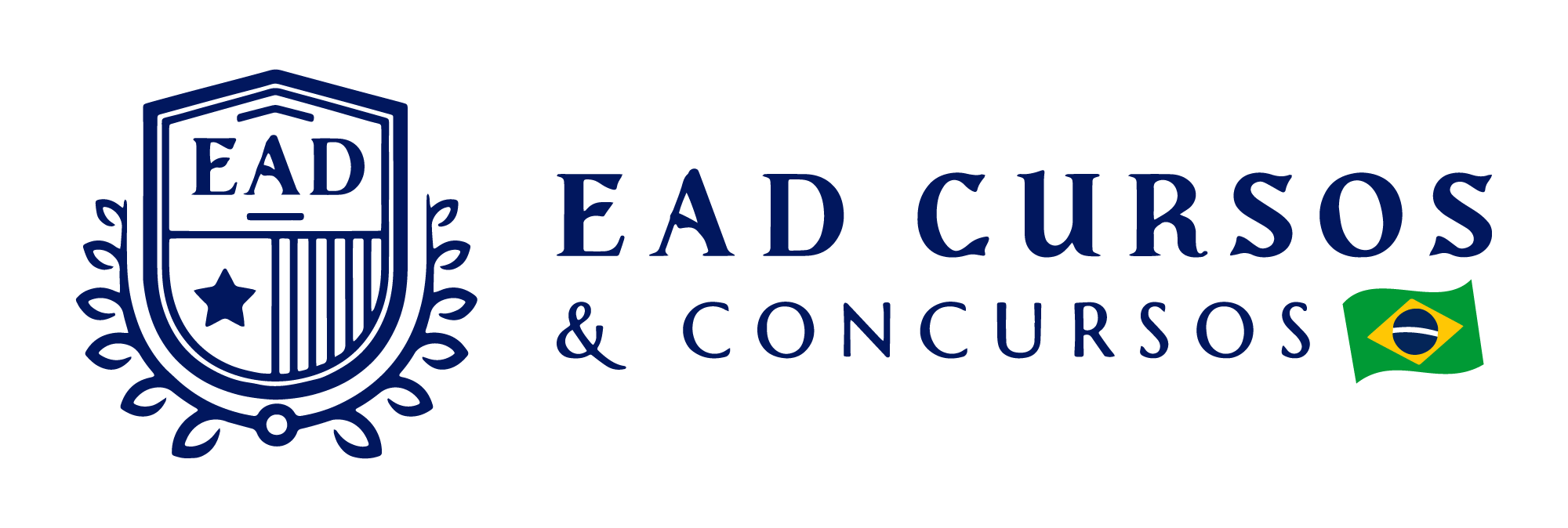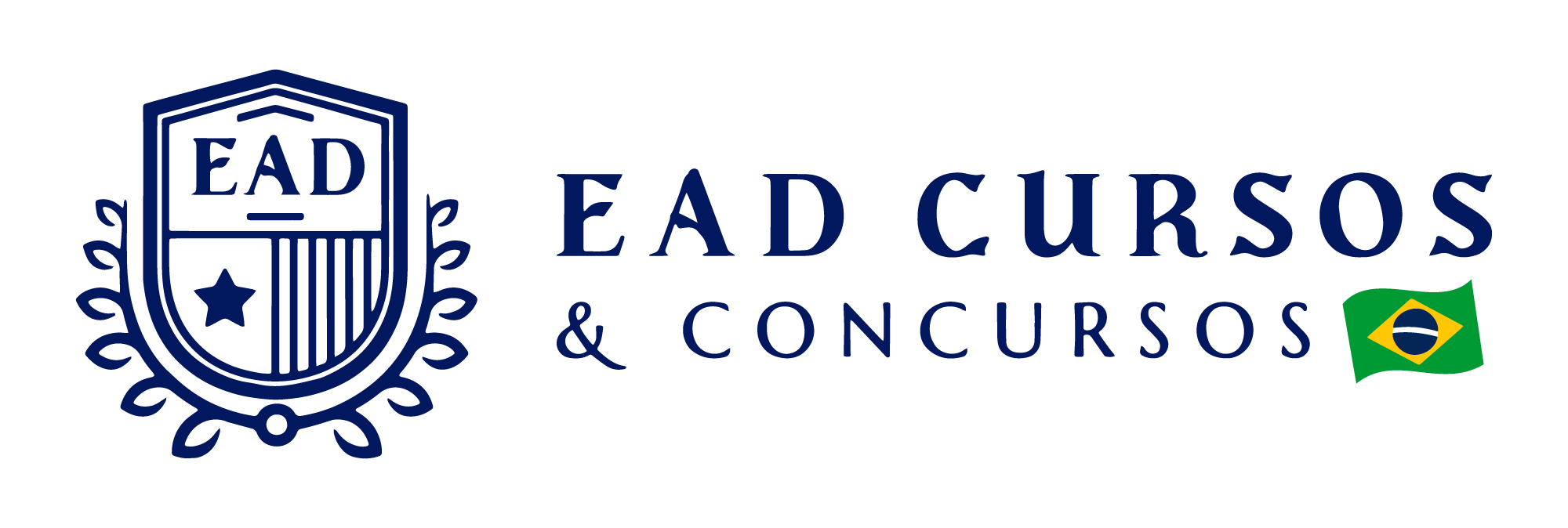Securing citizenship in a new country can be a transformative experience, opening doors to new opportunities, rights, and a sense of belonging. For many, it represents the culmination of years of effort, planning, and dedication. However, the path to citizenship can often be fraught with delays and bureaucratic hurdles that can make the process seem interminable. Accelerating this process not only reduces the time and stress associated with waiting but can also provide significant advantages such as quicker access to social benefits, employment opportunities, and political rights.
Understanding the value of expediting your citizenship process is crucial. For expatriates and immigrants, becoming a citizen can mean more than just lítico status; it can signify integration into a new community and the ability to fully participate in civic life. Additionally, speeding up this process can alleviate the uncertainty and anxiety that often accompany prolonged waits, providing a clearer roadmap and allowing for better planning and decision-making.
What to Expect During the Citizenship Process
The citizenship process, while highly rewarding, involves several stages that can vary widely depending on the country and the specific requirements of its immigration policies. Typically, it includes an application phase, where you gather and submit necessary documents, followed by an adjudication phase where your application is reviewed. This may include interviews, background checks, and possibly language or civics tests.
Applicants often encounter various challenges during this journey, including complex paperwork, long waiting periods, and potential requests for additional information. Understanding what to expect at each stage can help manage expectations and prepare for potential obstacles. By familiarizing yourself with the common requirements and timelines associated with citizenship applications, you can better navigate the process and implement strategies to streamline it effectively.
In this guide, we will explore practical tips and strategies to help you accelerate your citizenship application, ensuring a smoother and more efficient path to becoming a recognized citizen in your new country.
Understanding the Citizenship Process: Fundamental Steps
Basic Requirements and Necessary Documentation
Navigating the path to citizenship requires a thorough understanding of the essential requirements and documentation needed for your application. Typically, these include proof of residence, identity documents, evidence of language proficiency, and sometimes, proof of financial stability. Familiarizing yourself with these requirements ensures that you are well-prepared and reduces the likelihood of delays due to incomplete or incorrect submissions.
Each country has specific criteria for citizenship that can include residency periods, language requirements, and knowledge of lugar laws and customs. It is crucial to review these criteria meticulously to ensure you meet all the necessary qualifications before applying.
How the Process Works in Different Countries
The citizenship process can vary significantly from one country to another. While some nations offer a relatively straightforward path to citizenship, others may have more complex requirements and longer processing times. Understanding the differences in citizenship procedures can help you tailor your approach to meet the specific needs of the country where you are applying.
In some countries, citizenship applications are processed on a first-come, first-served basis, while others may have quotas or priority processing options. Researching these processes will help you anticipate what to expect and plan accordingly.
Tricks for Organizing and Preparing Documents Efficiently
Creating a Personalized Checklist
A well-organized checklist is a vital tool in managing the multitude of documents required for a citizenship application. By creating a personalized checklist, you can systematically track the documents you need, their deadlines, and any additional requirements specific to your application.
Start by listing all the documents required by the citizenship authority and categorize them based on their purpose (e.g., identity verification, residency proof). Update your checklist regularly as you gather documents or receive new instructions.
How to Quickly Gather and Verify Documents
Efficiency in gathering and verifying documents can significantly speed up your application process. Begin by requesting official documents well in advance, such as birth certificates, marriage licenses, and proof of residence. For documents that require translation or notarization, plan to have these done as early as possible.
Utilize online resources and government portals to check the status of your documents and ensure they meet the specific requirements of your application. This proactive approach helps prevent last-minute issues and delays.
Tips for Increasing Application Efficiency
Filling Out Forms Correctly
Accurate completion of application forms is crucial for a smooth process. Errors or omissions can lead to delays or even rejection of your application. Carefully read all instructions and fill out each form meticulously, ensuring that all information is accurate and complete.
Double-check your entries and consult any available guidelines or sample forms to avoid common mistakes. If necessary, seek assistance from experts or lítico advisors to ensure that your forms are filled out correctly.
The Importance of Error Checking
Thorough error checking is a critical step in accelerating your citizenship application. Small mistakes, such as incorrect personal details or missing signatures, can cause significant delays. Before submitting your application, review all documents and forms for accuracy, and consider having a second pair of eyes review them as well.
How to Use Technology to Accelerate the Process
Useful Apps and Online Tools
Technology can be a powerful ally in managing your citizenship application. Various apps and online tools can help you track deadlines, manage documents, and stay informed about the status of your application. Consider using document management apps to keep all your files organized and accessible.
Online resources such as official government websites and immigration forums can provide valuable updates and tips on navigating the application process. Leverage these tools to stay up-to-date and streamline your application.
Document and Deadline Management with Technology
Effective management of documents and deadlines is essential for a smooth application process. Utilize do dedo calendars and reminders to keep track of important dates and submissions. Cloud storage solutions can help you organize and access your documents from anywhere, ensuring that you have everything you need at your fingertips.
Strategies for Overcoming Common Barriers
Resolving Common Issues and Delays
Common issues in the citizenship process include missing documents, delays in processing, and requests for additional information. Address these challenges by being proactive and prepared. For instance, keep copies of all submitted documents and be ready to provide additional information quickly if requested.
If you encounter delays, contact the relevant authorities to inquire about the status of your application and seek guidance on any further actions required.
What to Do in Case of Rejection or Requests for Additional Documents
In the event of a rejection or a request for additional documents, carefully review the feedback provided by the immigration authority. Address any issues identified and promptly submit any additional information or corrected documents.
Seek assistance from lítico professionals if necessary, and use the opportunity to learn from any mistakes or oversights to improve your application.
Understanding the Role of Immigration Lawyers and Consultants
When and Why to Consider a Professional
Immigration lawyers and consultants can provide valuable assistance in navigating the complexities of the citizenship process. They offer expertise in lítico requirements, document preparation, and strategic advice that can help you avoid common pitfalls and expedite your application.
Consider hiring a professional if you encounter complex issues, such as lítico challenges or difficulties in meeting specific requirements. Their guidance can be instrumental in ensuring a successful application.
How to Choose the Right Consultant
Selecting the right immigration consultant or lawyer is crucial for a smooth citizenship process. Look for professionals with a proven track record and relevant experience in handling citizenship applications. Verify their credentials and seek recommendations or reviews from previous clients to ensure they are reputable and trustworthy.
The Role of Interviews and Tests in Accelerating the Process
Efficient Preparation for Interviews
Interviews are a common part of the citizenship process and can play a significant role in determining the outcome of your application. Prepare for interviews by familiarizing yourself with common questions and practicing your responses. Understanding the interview format and expectations can help you present yourself confidently and effectively.
How to Approach Exams and Related Tests
Many countries require applicants to pass exams or tests related to language proficiency, civics, or history. Approach these tests with thorough preparation and study relevant materials to ensure you meet the required standards. Utilize practice tests and study guides to assess your knowledge and identify areas for improvement.
Success Stories: Examples of People Who Accelerated Their Citizenship Process
Inspiring Stories and Lessons Learned
Hearing about others who successfully accelerated their citizenship process can provide valuable insights and motivation. Explore stories of individuals who navigated the process efficiently and learn from their experiences and strategies. These case studies can offer practical tips and encouragement as you work towards your own citizenship goals.
Strategies That Worked for Others
Identify and analyze the strategies that worked for others in expediting their citizenship applications. These may include specific organizational techniques, efficient document management practices, or effective use of professional services. Applying these successful strategies to your own application can enhance your chances of a smoother and quicker process.
Summary of Best Practices for Accelerating the Citizenship Process
Successfully accelerating your citizenship process involves a combination of careful planning, thorough organization, and strategic use of available resources. Here’s a recap of the key practices to keep in mind:
- Understand the Process: Familiarize yourself with the specific requirements and procedures of the country where you are applying. Knowing what to expect at each stage helps you prepare adequately and avoid unnecessary delays.
- Organize Documents Efficiently: Create a personalized checklist to track all required documents and their status. Gather and verify documents promptly, and use do dedo tools to manage and organize your paperwork.
- Ensure Accuracy in Applications: Fill out all forms and applications correctly and double-check for errors. A well-prepared application reduces the risk of delays caused by mistakes or incomplete information.
- Leverage Technology: Utilize apps and online tools for document management, deadline tracking, and staying informed about your application status. These resources can streamline the process and keep you organized.
- Seek Professional Help if Needed: Consider consulting with immigration lawyers or advisors if you encounter complex issues or need additional support. Their expertise can help navigate tricky aspects of the process and provide valuable guidance.
- Prepare for Interviews and Tests: Approach interviews and required tests with thorough preparation. Familiarize yourself with potential questions and study relevant material to ensure you meet the requirements.
- Learn from Success Stories: Review case studies and success stories to gain insights into effective strategies and practices. Applying lessons learned from others can enhance your own approach and increase your chances of success.
Next Steps and Final Preparations
As you move forward with your citizenship application, take the following steps to ensure you are fully prepared:
- Review Your Checklist: Confirm that you have gathered all necessary documents and completed all required forms. Ensure that your application is comprehensive and accurate.
- Set Up Reminders: Use do dedo calendars or reminder apps to keep track of important deadlines and upcoming tasks. Staying organized helps avoid missing key dates and requirements.
- Prepare for Possible Requests: Be ready to respond quickly to any additional information or documentation requests from the immigration authority. Having all necessary materials readily available can expedite this process.
- Schedule Professional Consultations: If you haven’t already, schedule consultations with immigration professionals to review your application and receive expert advice. Their input can be invaluable in addressing any concerns or potential issues.
Final Thoughts and Reflection on the Process
The journey to citizenship can be both rewarding and challenging. By employing the best practices outlined in this guide, you can effectively manage the process and work towards a successful outcome. Remember that patience and persistence are key; while the process may involve waiting and navigating complex procedures, each step brings you closer to achieving your goal.
Reflect on the experience as a valuable part of your personal and professional growth. Whether you’re dealing with bureaucratic hurdles or celebrating milestones, staying focused and organized will help you reach your objective more efficiently. Embrace the journey with confidence, knowing that your efforts will ultimately lead to the benefits and opportunities that come with citizenship.
Varredura completa.




